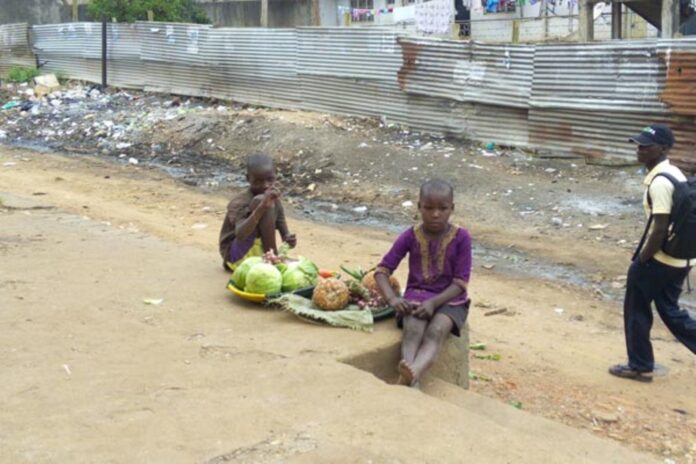Mpigi District Council has passed a bylaw banning young kids from selling goods or food on the streets.
This decision, made on September 3, 2024, aims to tackle the alarming problem of school dropouts in the area.
During a meeting at district headquarters, committee members discussed a report that revealed many children are leaving school to hawk goods as a way to earn money. The council found that the small amounts of money they make from hawking is tempting them to abandon their education.
Councilor Musa Bukenya, the head of the Education Committee said that many children, particularly girls who sell items, are vulnerable to abuse. Some have faced harassment, including defilment and rape, from men in the streets who take advantage of their situation.
In the new bylaw, children under the age of 9 are completely prohibited from hawking. Those aged 10 and above can only hawk goods during school holidays and must do so during daytime hours.
“The sub county councils and LC I chairpersons in Mpigi know about this bylaw and have instructions to apprehend any child who will be found violating the bylaw, take them to police where their parents will find them, and also be questioned too,” Bukenya stated.
The council is concerned about rising thefts linked to these children, especially those involved in scrap collection.
“If you leave something outside, like a kettle or a saucepan, it may be stolen and sold for quick cash,” Bukenya warned.
Despite these challenges, Bukenya emphasized the importance of education for the future of these youth. He urged parents and the community to protect the rights of children and ensure they stay in school.
The issue of children dropping out of school in Mpigi reflects the broader problems of education and economic hardship. Solving this crisis requires teamwork among families, schools, and local governments to find sustainable solutions that prioritize education while also supporting struggling households.















